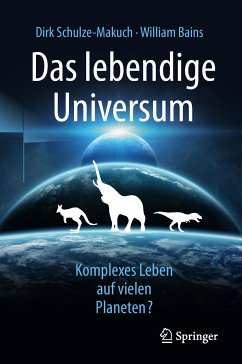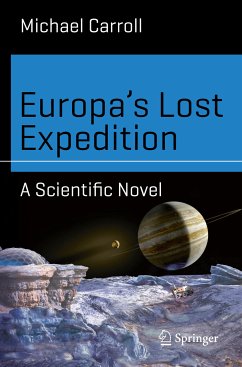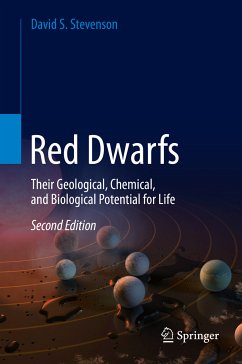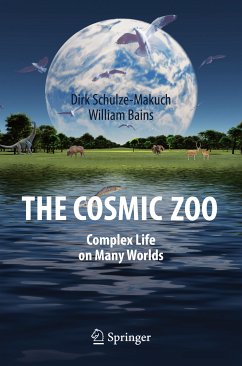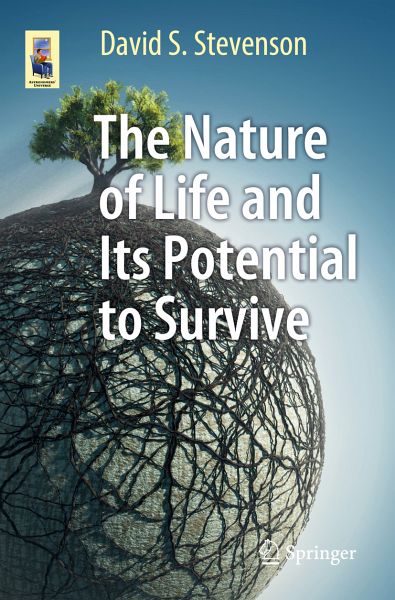
The Nature of Life and Its Potential to Survive (eBook, PDF)
Versandkostenfrei!
Sofort per Download lieferbar
30,95 €
inkl. MwSt.
Weitere Ausgaben:

PAYBACK Punkte
15 °P sammeln!
This book looks at the persistence of life and how difficult it would be to annihilate life, especially a species as successful as humanity. The idea that life in general is fragile is challenged by the hardiness of microbes, which shows that astrobiology on exoplanets and other satellites must be robust and plentiful. Microbes have adapted to virtually every niche on the planet, from the deep, hot biosphere, to the frigid heights of the upper troposphere.Life, it seems, is almost indestructible. The chapters in this work examine the various scenarios that might lead to the extermination of li...
This book looks at the persistence of life and how difficult it would be to annihilate life, especially a species as successful as humanity. The idea that life in general is fragile is challenged by the hardiness of microbes, which shows that astrobiology on exoplanets and other satellites must be robust and plentiful. Microbes have adapted to virtually every niche on the planet, from the deep, hot biosphere, to the frigid heights of the upper troposphere.
Life, it seems, is almost indestructible. The chapters in this work examine the various scenarios that might lead to the extermination of life, and why they will almost always fail. Life's highly adaptive nature ensures that it will cling on no matter how difficult the circumstances.
Scientists are increasingly probing and questioning life's true limits in, on and above the Earth, and how these limits could be pushed elsewhere in the universe. This investigation puts life in its true astronomical context, with the reader taken on a journey to illustrate life's potential and perseverance.
Life, it seems, is almost indestructible. The chapters in this work examine the various scenarios that might lead to the extermination of life, and why they will almost always fail. Life's highly adaptive nature ensures that it will cling on no matter how difficult the circumstances.
Dieser Download kann aus rechtlichen Gründen nur mit Rechnungsadresse in A, B, BG, CY, CZ, D, DK, EW, E, FIN, F, GR, HR, H, IRL, I, LT, L, LR, M, NL, PL, P, R, S, SLO, SK ausgeliefert werden.





